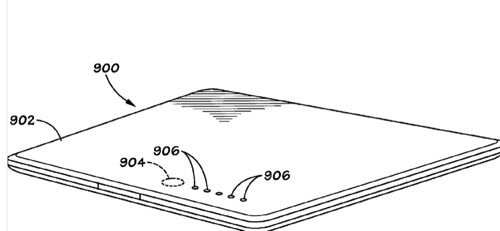New data from Juniper Research (www.juniperesearch.com) has found that the adoption of voice assistants such as Alexa will be a key factor behind smart home growth, with 275 million voice assistant devices used to control smart homes by 2023. This is up from an estimated 25 million in 2018, a growth of 1,000%.
The research group found that the introduction of routines from both Amazon and Google means that voice assistants are now the most convenient way to combine desired actions in the smart home. Amazon’s loss-leading strategy, with hardware products tied to a comprehensive product and service ecosystem, has established a lead in the smart home.
Juniper predicts that Google will remain a distant second in the space, with the latter’s Nest brand incurring a $621 million loss in 2017. The research highlighted Google’s AI prowess, demonstrated by “Duplex,” although noted its comparatively poor ecosystem as a negative factor. What’s more, it claimed that the introduction of a monetized Alexa skills will incentivize smaller vendors to take an “Amazon-first” approach.
“Current AI capabilities coupled with routines means that Google’s greater AI investment will not displace Amazon’s lead,” says research author Nick Mayard. “To compete effectively, Google must enhance the quality of its ecosystem.”
Juniper also forecasts that connected appliances will have greater integration with voice assistants. This will be crucial to manufacturers being able to position connected appliances as a central hub for the smart home, according to the research group.
These integrations will allow shipments of connected appliances to increase by 80% per annum on average until 2023. Juniper says this growth will be further helped by dramatic falls in the average cost of connected appliances, set to fall by 52% between 2018 and 2023, to $280 globally.





